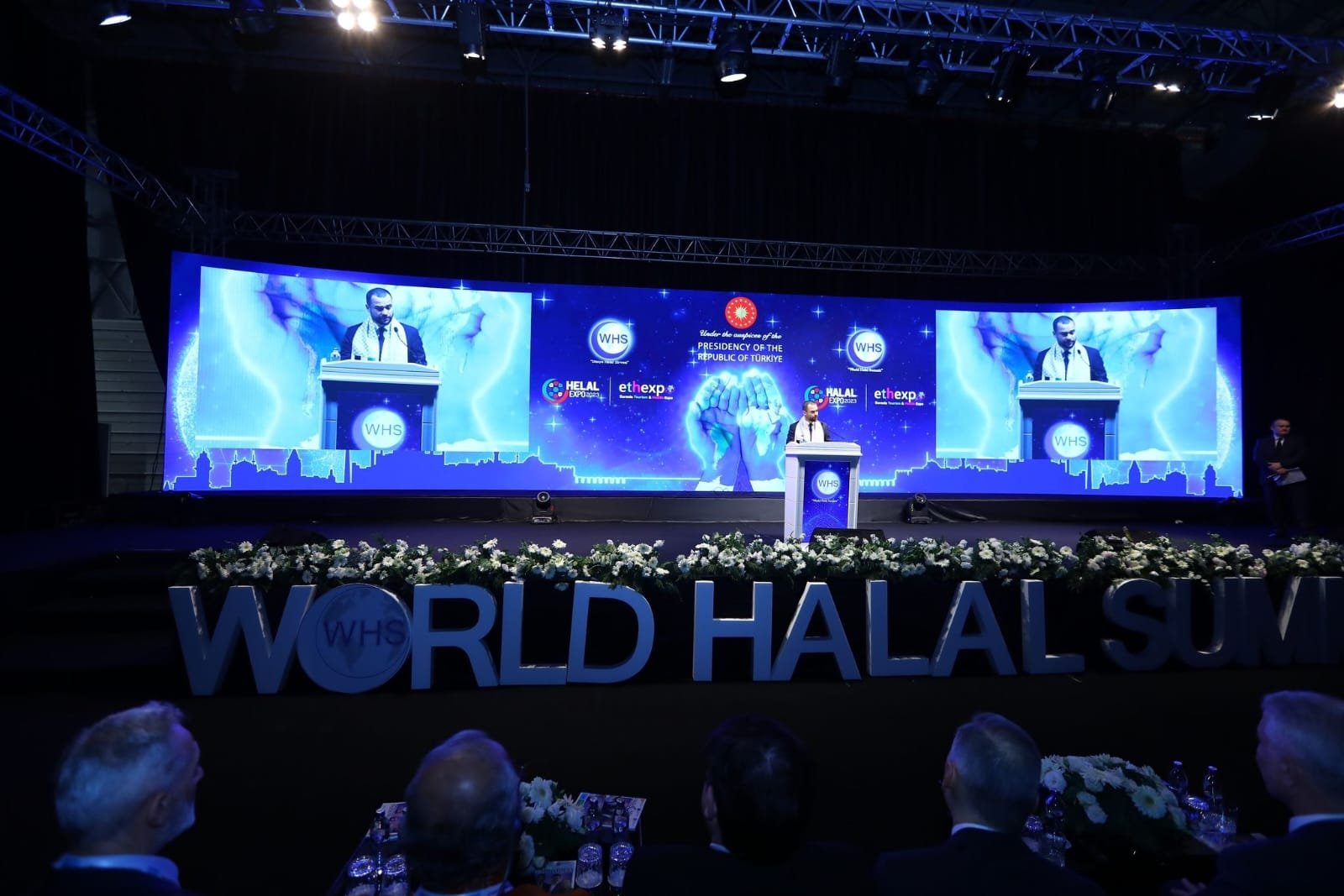 With halal compliance becoming increasingly popular for meat and meat products, exporters are now using the services of the city-based ICAR – National Research Centre on Meat (NRCM) to get their products certified through DNA testing for the absence of pork.
With halal compliance becoming increasingly popular for meat and meat products, exporters are now using the services of the city-based ICAR – National Research Centre on Meat (NRCM) to get their products certified through DNA testing for the absence of pork.
NRCM scientist Vishnuraj M R said their laboratory is NABL accredited for halal compliance which means the lab can test any product for presence or absence of pork and the reports are globally acceptable.
”That report can be used by the exporters for marketing their product as halal,” he told PTI.
Some countries like Malaysia and Indonesia need halal certification for export of products, either food (meat, fish feed) or non-food (cosmetics).
Halal certification involves process certification and product certification. The process certification (that it was carried out as per the prescribed norms in religion) is usually done by religious organisations.
The NRCM would do DNA testing on the product, using real-time PCR, to determine whether pork is present or absent, Vishnuraj said.
If pork is absent, the concerned firm can market the final product that pork is absent and halal, he said.
However, the product needs to be manufactured in a halal-certified facility and the final product can be tested at NRCM, he said.
Citing an example, he said the NRCM has received samples of feed which is offered to the fish in aquaculture farming. The customer wanted the feed also to be pork-free, he said.
In addition to Halal compliance through detection of porcine DNA, the Meat Species Identification Laboratory (MSIL) at the NRCM offers molecular biomarker analysis for food animal species identification, DNA bar-coding for wild animal meat species identification, detection for presence of animal origin DNA and training in ”DNA techniques in food fraud analysis” and ”Good Food Laboratory Practices.”



